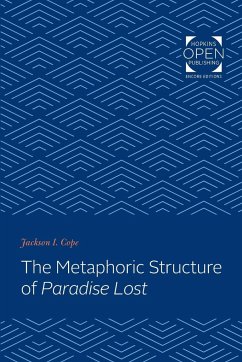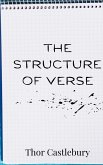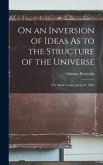Originally published in 1962. The rise of "metaphoric" criticism is a reaction against a previous critical preoccupation with psychology and time. Milton spatialized time, thoroughly mastering a metaphoric technique. Professor Cope, after discussing the influences that shaped Milton's aesthetic, systematically examines the structural components of Paradise Lost--light, darkness, and vertical movement--and finds that they imitate, metaphorically, the overall theme of the epic. To test further the implications of his hypothesis, Cope turns to two unsettled points in Miltonic exegesis: Milton's muse and the dialogue in Heaven.
Hinweis: Dieser Artikel kann nur an eine deutsche Lieferadresse ausgeliefert werden.
Hinweis: Dieser Artikel kann nur an eine deutsche Lieferadresse ausgeliefert werden.








